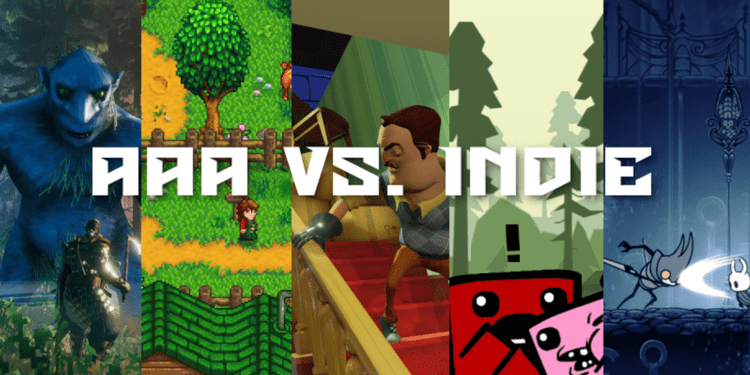No $100M budget? No problem.
In an era dominated by massive corporate-backed studios with bloated budgets and marketing power, it’s easy to assume that AAA studios hold all the cards. But a new wave of indie developers is proving that a small budget and a niche audience can still lead to massive success, outpacing even the most expensive and heavily marketed titles. Case studies like Hades and Stardew Valley show how indie games are challenging the status quo and claiming their place in the industry.
Hades, developed by Supergiant Games, broke all the rules for what a rogue-like game should be. Despite being made on a relatively modest budget, it earned critical acclaim and became a massive commercial success. The game’s mix of tight, fast-paced gameplay, character-driven narrative, and deep world-building captivated both gamers and critics alike. The indie studio behind it leveraged crowdfunding and word-of-mouth marketing, creating a loyal fanbase that helped drive its success—without the need for a $100M budget.
Similarly, Stardew Valley, developed by a single person—Eric Barone—outperformed many high-budget titles with its simple yet engaging gameplay and deep emotional connection with players. The game was a hit thanks to its community-driven model, where the player’s choices matter and create a deep sense of investment. Barone took advantage of agile development, iterating on feedback and delivering frequent updates that kept the game fresh and engaging over time.

So, how are indie developers doing it? It’s all about focusing on niche audiences, keeping overheads low, and building strong community connections. While AAA studios often focus on mass-market appeal and corporate priorities, indie games have the flexibility to experiment and cater to passionate, dedicated fanbases. These developers also have the freedom to release their games with more organic, low-cost marketing, relying on crowdfunding platforms and early access to gauge interest and raise funds.
Indie developers have shown that success doesn’t require hundreds of millions in production costs—it requires creativity, passion, and a deep understanding of the audience. By keeping production agile and focusing on what matters most—the player experience—these small studios are reshaping the gaming landscape and proving that even without a massive budget, you can beat the giants at their own game.









